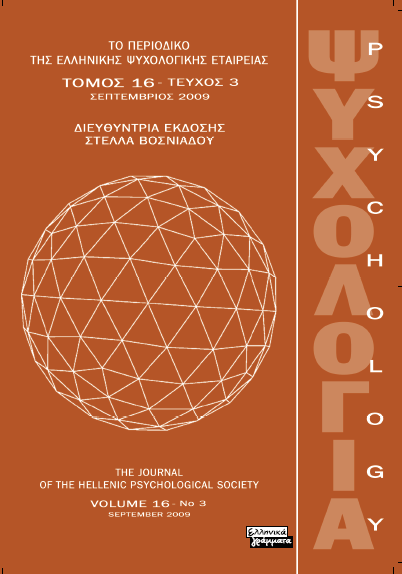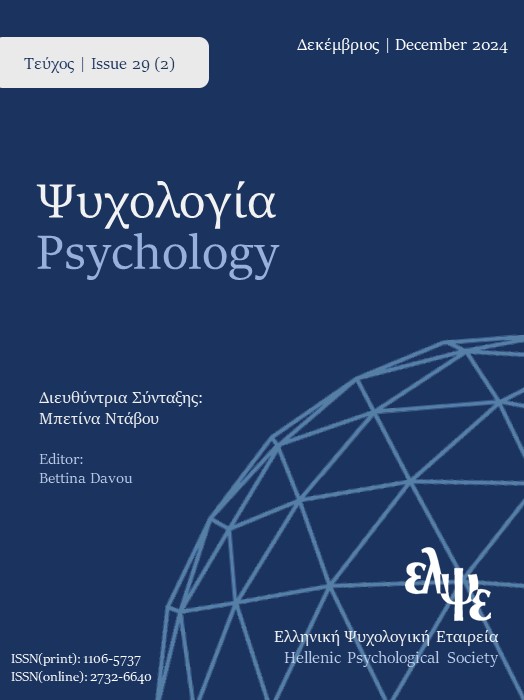Acculturation strategies among Albanian and Indian immigrants in Crete

Abstract
The aim of this study was to explore the factors related to the acculturation strategies of first generation Albanian and Indian immigrants in Greece. On the basis of Berry’s acculturation model (1997), immigrants’ demographic characteristics, factors related to intercultural contact (ethnic identity and perceived discrimination) and self-esteem were examined, regarding the acculturation strategies of integration, assimilation, separation, and marginalization. The findings indicated that immigrant’s ethnicity differentiated all four acculturation attitudes, with the Indians falling mostly into separation and Albanian participants into integration. The factors of intercultural contact, in
conjunction with demographic factors, predicted integration, assimilation, and separation. On the contrary, in the case of marginalization, immigrants’ demographic characteristics and self-esteem were significant, indicating a negative relationship between marginalization and self-esteem. Furthermore, perceived discrimination
was related positively to separation and negatively to integration. These results are discussed on the basis of Berry’s acculturation model and the rejection-identification model, suggesting that possibly immigrants
with pronounced cultural differences from Greeks experience discrimination and identify more with their in-group, thus choosing separation as a way to protect their self-image.
Article Details
- How to Cite
-
Κατέρη Ε., & Καραδήμας Ε. (2017). Acculturation strategies among Albanian and Indian immigrants in Crete. Psychology: The Journal of the Hellenic Psychological Society, 22(1), 59–76. https://doi.org/10.12681/psy_hps.23248
- Issue
- Vol. 22 No. 1 (2017)
- Section
- RESEARCH PAPERS

This work is licensed under a Creative Commons Attribution-ShareAlike 4.0 International License.
The journal PSYCHOLOGY adopts a Platinum open-access policy. Submission, processing or publication costs are waived by the Hellenic Psychological Society. Papers published in the journal PSYCHOLOGY are licensed under a 'Creative Commons Attribution-ShareAlike 4.0 International' licence. The authors reserve the copyright of their work and grant the journal the right of its first publication. Third-party licensees are allowed to use the published paper immediately after publication as they wish, provided they retain the defined by the license copyright formalities, regarding the reference to its author(s) and its initial publication in the journal PSYCHOLOGY. Moreover, any adjusted work should be shared under the same reuse rights, so with the same CC license.




